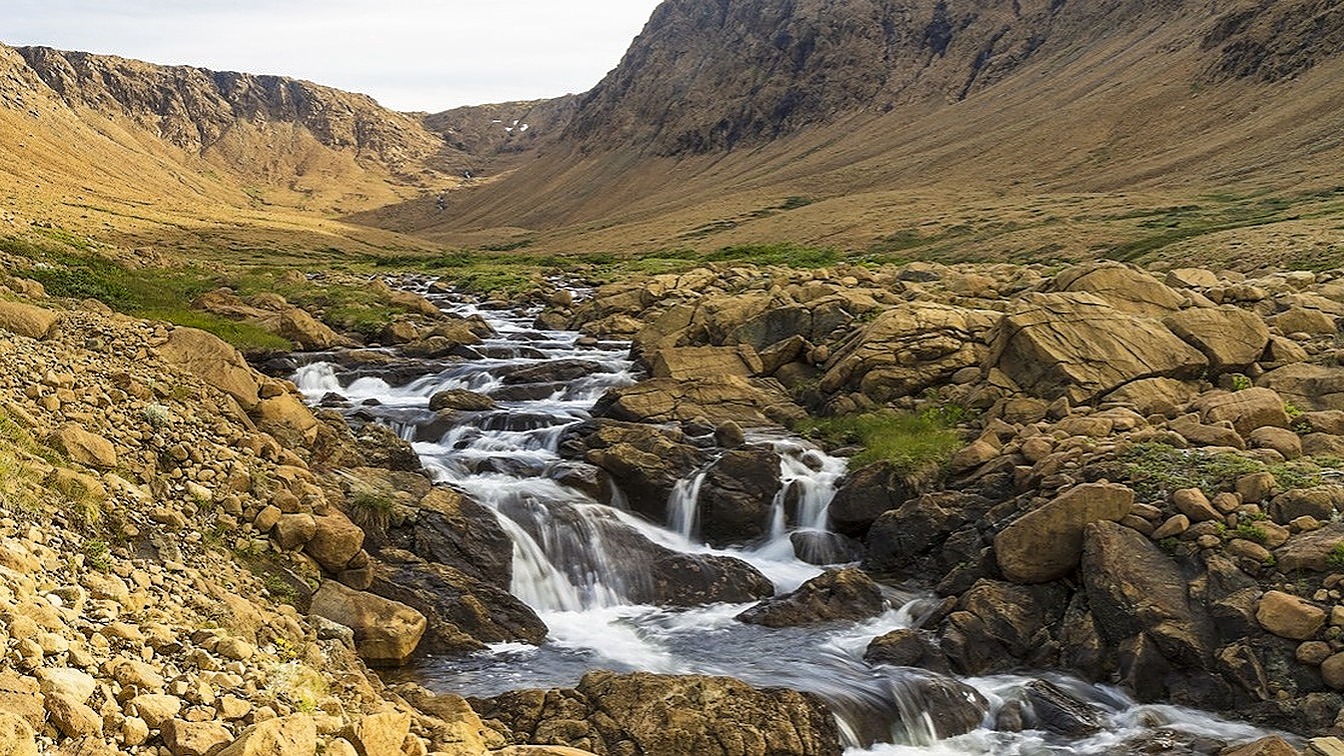Streams in the Desert - Sep 16
by L. B. E. Cowman and Jim Reimann
Hide in the Kerith Ravine. (1 Kings 17: 3)
God’s servants must be taught the value of the hidden side of life. The person who is to serve in a lofty place before others must also assume a lowly place before his God. We should not be surprised if God occasionally says to us, “Dear child, you have had enough of this hurried pace, excitement, and publicity. Now I want you to go and hide yourself—‘ hide in the Kerith Ravine’ of sickness, the ‘Kerith Ravine’ of sorrow, or some place of total solitude, from which the crowds have turned away.” And happy is the person who can reply to the Lord, “Your will is also mine. Therefore I run to hide myself in You. ‘I long to dwell in your tent forever and take refuge in the shelter of your wings’ [Ps. 61: 4].”
Every saintly soul that desires to wield great influence over others must first win the power in some hidden “Kerith Ravine.” Acquiring spiritual power is impossible unless we hide from others and ourselves in some deep ravine where we may absorb the power of the eternal God. May our lives be like the vegetation centuries ago that absorbed the power of the sunshine and now gives the energy back after having become coal.
Lancelot Andrews, a bishop of the Church of England and one of the translators of the King James Bible of 1611, experienced his “Kerith Ravine,” in which he spent five hours of every day in prayer and devotion to God. John Welsh, a contemporary of Andrews, and a Presbyterian who was imprisoned for his faith by James VI of Scotland, also had his “ravine.” He believed his day to be wasted if he did not spend eight to ten hours of isolated communion with God. David Brainerd’s “ravine” was the forests of North America while he served as a pioneer missionary to the American Indians during the eighteenth century. And Christmas Evans, a preacher of the late-eighteenth and early-nineteenth centuries, had his long and lonely journeys through the hills of Wales.
Looking back to the blessed age from which we date the centuries, there are many notable “ravines.” The Isle of Patmos, the solitude of the Roman prisons, the Arabian Desert, and the hills and valleys of Palestine are all as enduringly memorable as those experienced by the people who have shaped our modern world.
Our Lord Himself lived through His “Kerith Ravine” in Nazareth, in the wilderness of Judea, amid the olive trees of Bethany, and in the solitude of the city of Gadara. So none of us is exempt from a “ravine” experience, where the sounds of human voices are exchanged for the waters of quietness that flow from the throne of God, and where we taste the sweetness and soak up the power of a life “hidden with Christ” (Col. 3: 3).
~From Elijah, by F. B. Meyer
Reference
Cowman, L. B. E.; Reimann, Jim (2008-09-09). Streams in the Desert: 366 Daily Devotional Readings (pp. 352-353). Zondervan. Kindle Edition.
Categories: spiritual